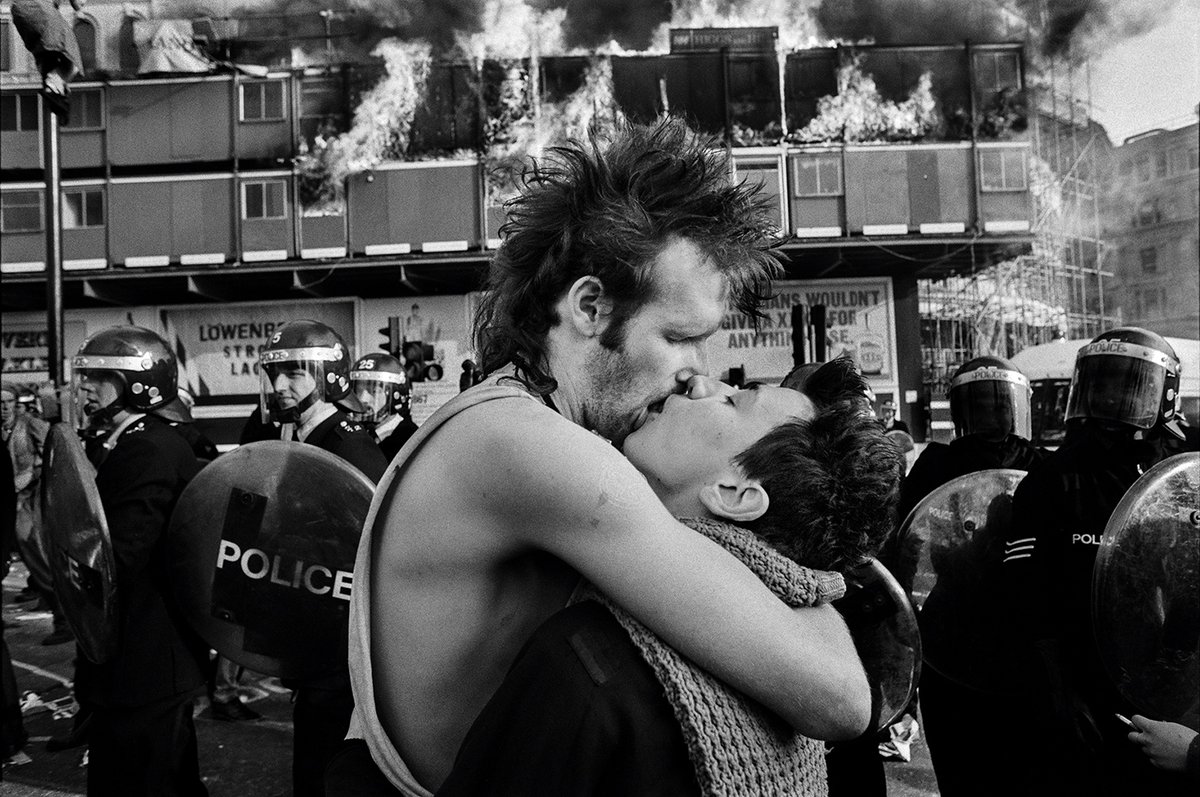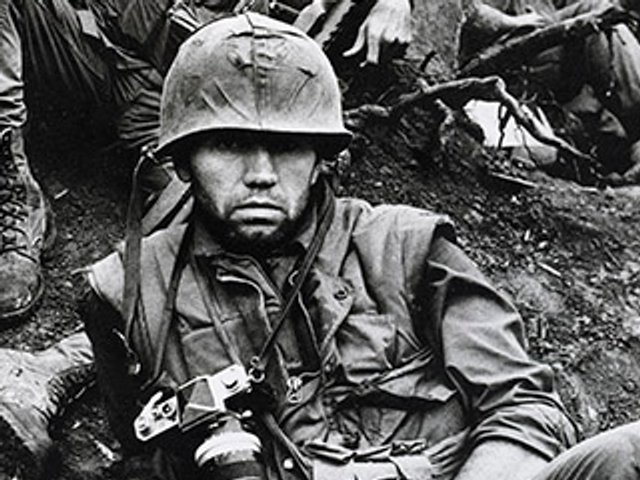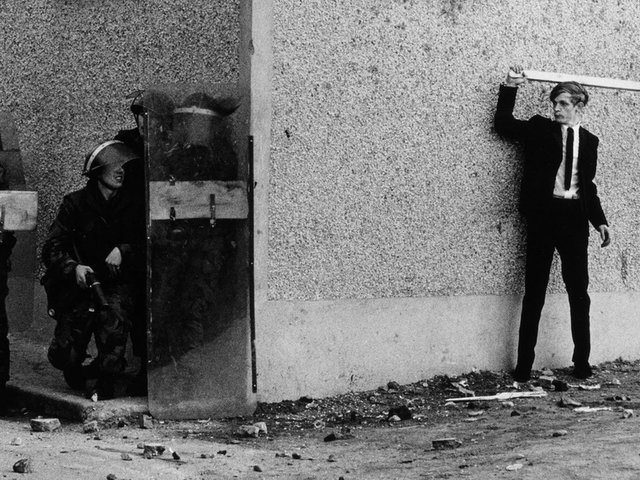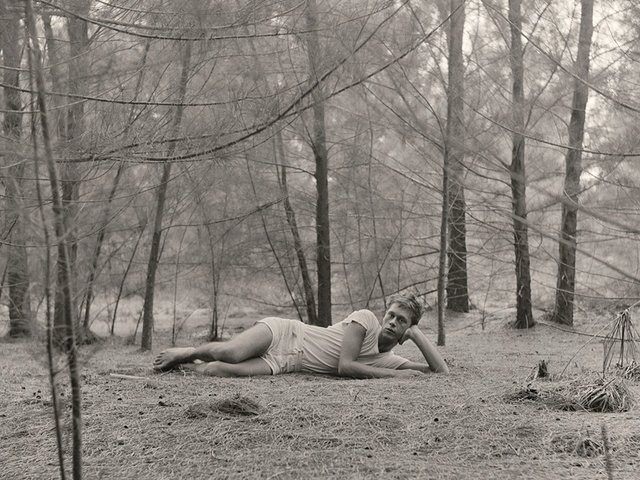“The Tate is so woke at the moment, they probably plumped for that more hardline, left-wing agenda of Ten.8 and Camerawork [magazines],” says the UK photographer Martin Parr about the inclusion of the photography publications in Tate Britain’s forthcoming exhibition The 80s: Photographing Britain.
It is a reminder that the 1980s was a time of highly contested opinion, and a challenge to anyone who tries to catalogue the many strands of emergent photographic practices in that formative decade. The 1980s were all about “upending narratives”, says the co-curator Jasmine Chohan.
Parr—who is represented in the show by two seminal series, The Last Resort (1983-85) and The Cost of Living (1986-89)—was upending romantic depictions of class, photographing the nuances of everyday life as opposed to pictorial grandeur or current affairs. For him, the 1980s was about “the Plaubel generation”, a reference to the camera that he and many like-minded photographers started using. The larger negatives in a compact-sized body, twinned with newly improved colour film, helped create their forensic observations.
Unfiltered perspectives
Some of this new generation will be seen in a room devoted to “Colour”, including Anna Fox, Peter Fraser and Paul Reas. The so-called New Colour photographers—alongside people like Chris Killip and Sirkka-Liisa Konttinen in the North East shooting black and white—made long-term self-assignments that were unapologetically subjective. Yet the works were shockingly real in their unfiltered perspectives, at least to those who had been photographing in the dominant humanistic tradition.
Perhaps it is these left-leaning perspectives that Parr finds “woke”—but he cannot object too much to the exhibition as he is listed as a member of its advisory group. He has also lent works by Pogus Caesar, Brenda Prince, Paul Reas and Tom Wood, and exhibited many others included in the show at his own foundation in Bristol.
It is little surprise that when Yasufumi Nakamori joined the Tate as the senior curator of international art photography in 2018, he identified the 1980s as a highpoint in the medium’s history in the UK. But the Japanese-born curator, who has organised the show alongside Chohan and Helen Little, was curious about who else was working at the time.
“Alex Farquharson [the director of Tate Britain] and I talked about the period and what aspect of photographic history we should be covering,” Nakamori says. “He’s keenly interested in the history and practice of the Black Arts Movement, and that certainly coincided with my desire to find the moments when the two crossed in post-war history.”
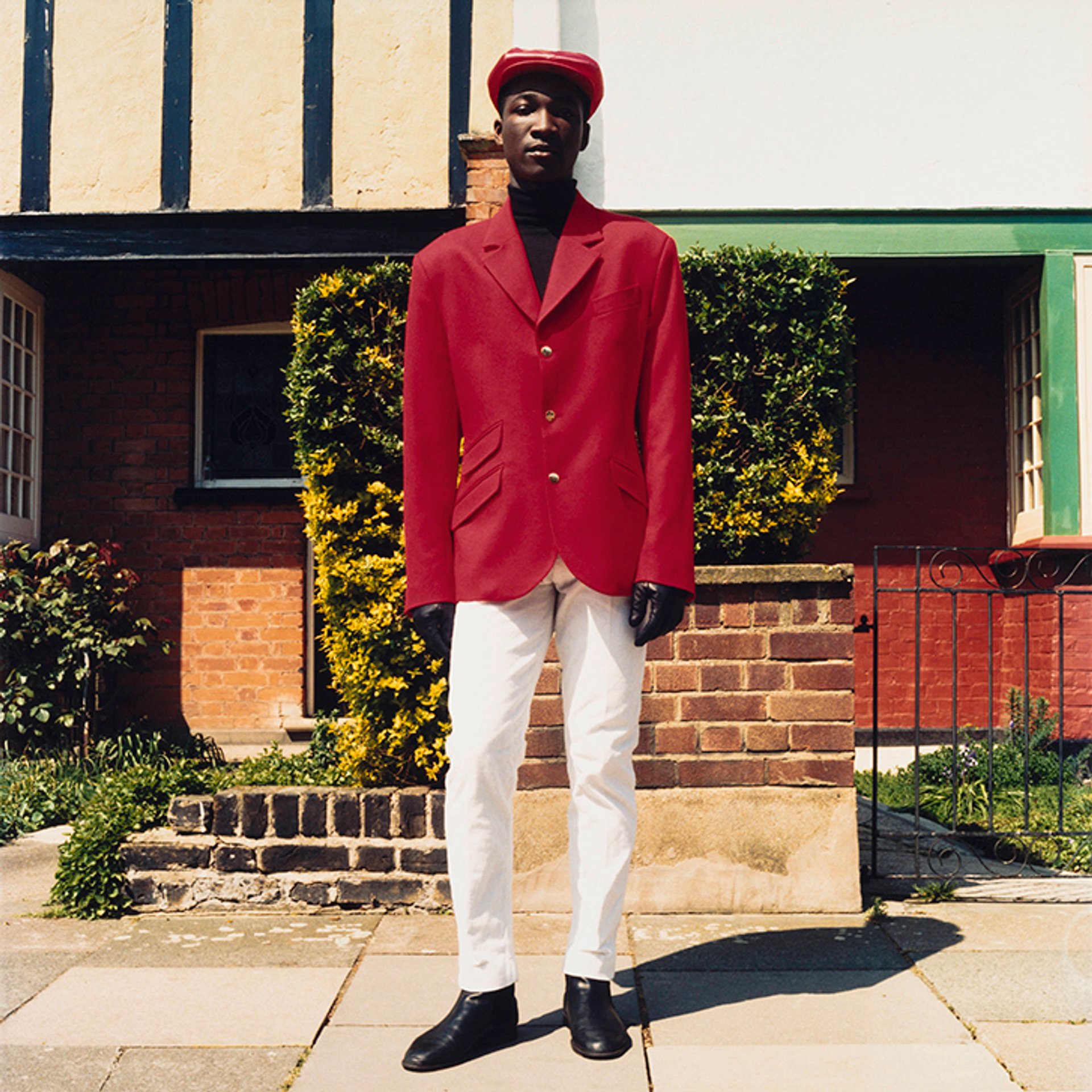
Fashion of the 1980s as photographed by Jason Evans, working with the stylist Simon Foxton © Jason Evans
And Parr is right in that the archives of Ten.8 and Camerawork were used as touchstones for the show. These magazines pointed the way to a broader survey of the decade, Nakamori says, incorporating feminist practice and identity politics alongside conceptual tendencies, co-operative initiatives and work made by community organisations and activists. “Ten.8 was in our thoughts from the beginning,” Nakamori says. “We put on a workshop early on when we were conceiving the show where we brought in former editors and writers from the magazine [produced in the West Midlands, 1979-92], and also a smaller group from Camerawork [East London, 1976-85]. So people from the two camps actually exchanged their thoughts and what they thought about the 80s.”
The show will bring together work by more than 70 individuals and collectives, including conceptual images by Victor Burgin, a key theorist of the era, alongside those looking to represent their own communities, such as Roy Mehta and Vanley Burke. There will be feminist art from Jo Spence and Maud Sulter and photographs attempting to assert the visibility of queer identities, by the likes of Rotimi Fani-Kayode and Tessa Boffin. There will be images of turbulent events, such as the miners’ strike, anti-racism demonstrations and the poll tax riots by photographers including Brenda Prince, Syd Shelton and David Hoffman, but also images that celebrate counterculture by the likes of Ingrid Pollard and Franklyn Rodgers, as well as fashion photography by Jason Evans working with the stylist Simon Foxton.
“So much of what happened in the 80s is still reverberating through to today,” Chohan says. “We really tried to contextualise it, but also draw connections to the moments we’re living through.”
• The 80s: Photographing Britain, Tate Britain, London, 21 November-5 May 2025


